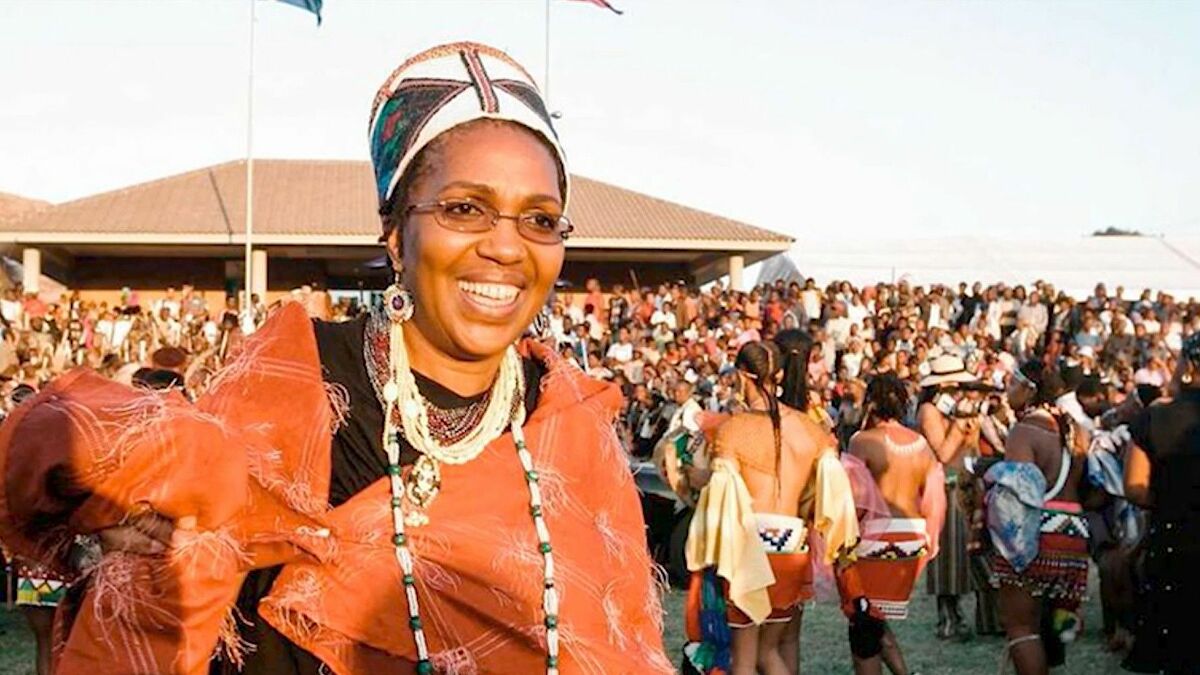
South Africa Pays Tribute to Late Zulu Regent Queen
Mourners donning traditional leopardskin regalia on Wednesday gathered outside a Johannesburg morgue to accompany the body of the late Zulu regent queen on the eve of her funeral, AFP reporters saw.
The 65-year-old queen, Shiyiwe Mantfombi Dlamini Zulu, died on April 30, weeks after she was named interim successor to her late husband, King Goodwill Zwelithini, the longest-serving leader of South Africa’s largest ethnic group.
A day ahead of her funeral, hundreds of mourners paraded through the inner-city suburb of Hillbrow, singing and dancing as they made their way to the mortuary under a clear autumn sky.
Men known as “amaButho” or Zulu regiments, donned traditional leopardskin ponchos and headbands, wielding clubs and shields made of animal hide.
Young women wore colourful miniskirts and beads, while their elderly married counterparts followed in headwraps and patterned shawls.
Mourners will accompany the queen’s remains to KwaKhangelamankengane Royal Palace in the southeastern town of Nongoma, around 480 kilometres (300 miles) from Johannesburg, where she will be buried on Thursday.
“In line with her wishes, as was done for… the King, her majesty will be interred at the crack of dawn in a private burial,” Zulu prince and traditional Prime Minister Mangosuthu Buthelezi said in a statement.
A memorial service will be held a day after the funeral that will be marked by flags flying half-mast across Kwa-Zulu Natal province.
Zwelithini died on March 12, aged 72 after half a century on the throne, following a battle with a diabetes-related illness.
He left behind six wives, 28 children and a turbulent succession battle.
In his will, Zwelithini had chosen Dlamini-Zuma — his third wife and also the sister of Eswatini’s King Mswati III — to temporarily step in for him until a successor is appointed.
She died unexpectedly in hospital, prompting allegations of poisoning by other members of the royal family, which they have denied.
In a dramatic turn of events, Zwelithini’s first wife queen Sibongile Dlamini went to challenge the king’s will and demand recognition as his only legitimate spouse.
Although the title of Zulu king does not bestow executive power, the charismatic Zwelithini had moral influence over more than 11 million Zulus, nearly a fifth of South Africa’s population.

